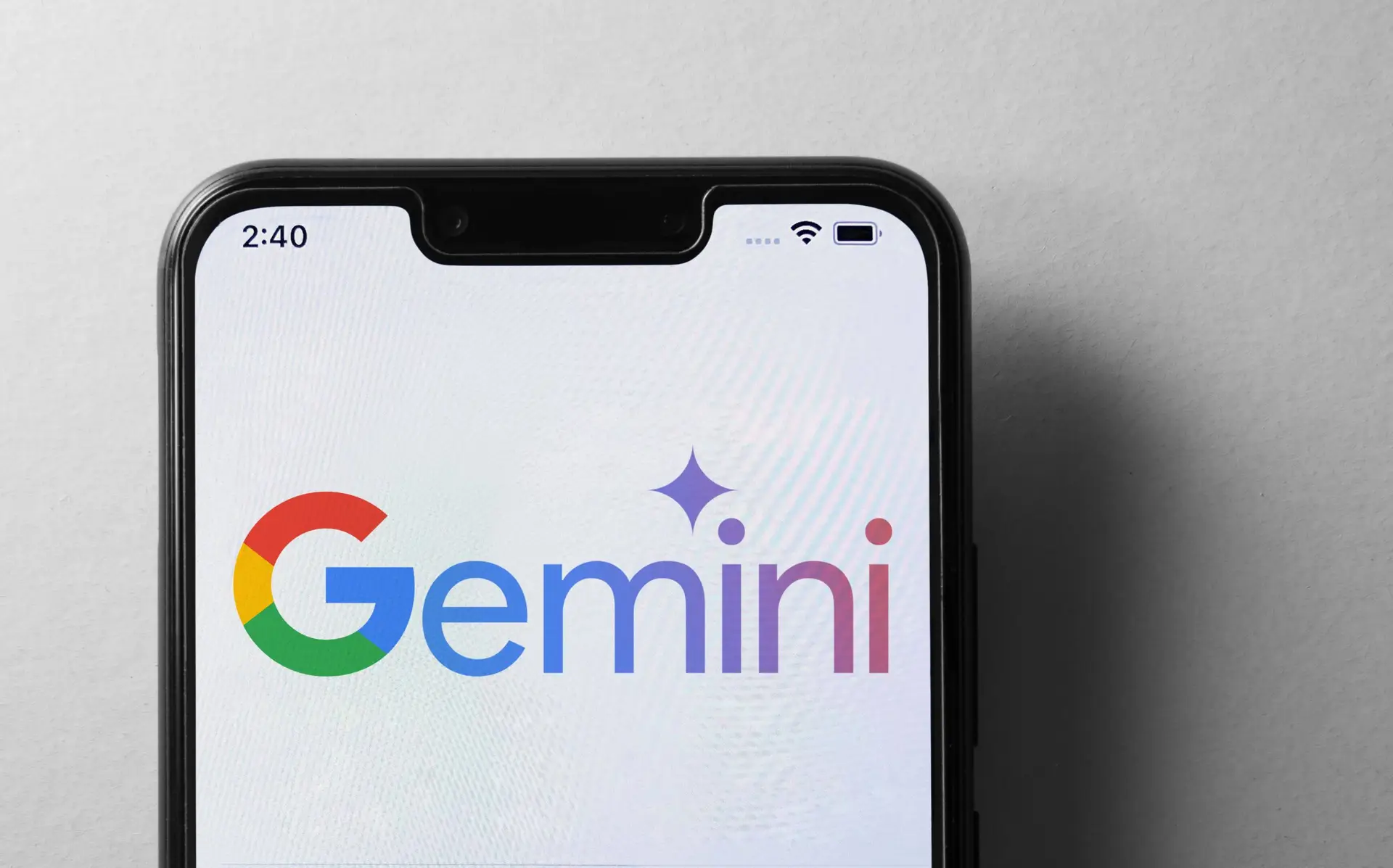If you’re a parent using Google’s Family Link to manage your child’s device, there’s a major update you should know about: your child may soon be able to access Google’s Gemini AI chatbot.
Google recently announced that it is rolling out access to Gemini for children under 13, provided their devices are supervised through the Family Link app. The move is part of a broader push to integrate artificial intelligence into learning environments—but it also raises important questions about digital safety, age-appropriate content, and how much control parents will have.
Here’s a detailed look at what’s changing, what Gemini can do, and what you, as a parent, should consider.
What Is Gemini and Why Is Google Making It Available to Kids?
Gemini is Google’s AI-powered chatbot, designed to answer questions, summarize information, and assist with tasks like writing, problem-solving, and storytelling. Think of it as a more advanced version of Google Search that interacts in a conversational format.
Until now, Gemini was available only to users 18 and older. The new update makes it accessible to children under 13 who use Google accounts managed through Family Link—a parental control service that lets guardians supervise screen time, app usage, and location.
According to Google, the intention behind this change is to support educational needs. Gemini can help with homework questions, explain academic concepts in a kid-friendly way, and even tell interactive stories. The goal is to provide children with safe, AI-powered tools to explore learning in a more personalized format.
How Will Parents Be Notified?
If your child is eligible, you’ll receive an email from Google letting you know that they now have access to Gemini. The email will explain what Gemini is, what it can be used for, and how you can manage or disable it through the Family Link settings.
Google has also built in a notification for the first time your child uses Gemini. This means you won’t be caught off guard if they start using it without asking—you’ll be alerted automatically.
What Controls Do Parents Have?
As a parent, you remain in control. Through the Family Link dashboard, you can:
- Turn Gemini access on or off
- Monitor how your child uses Gemini
- Set screen time limits across apps
- Manage app downloads and permissions
Google emphasizes that the experience is designed to be “parent-managed.” So while kids will have access to the AI, the decision ultimately rests with the family.
What About Safety and Privacy?
This is likely the biggest concern for most parents—and with good reason.
Google has made it clear that interactions children have with Gemini will not be used to train the company’s AI models. This is an important distinction, as many AI systems improve by analyzing user input.
Still, there are caveats. Google openly acknowledges that Gemini may “sometimes produce inaccurate or inappropriate information,” even for younger users. The company encourages parents to talk with their children about these limitations and to remind them not to share personal or sensitive data when chatting with Gemini.
This means that, even with filters in place, the AI might offer information that’s confusing or simply incorrect. It’s not a substitute for a teacher, a textbook, or even a parent’s guidance.
Why Now?
Google’s update follows broader industry trends. As artificial intelligence becomes more deeply embedded in everyday technology, companies are looking to make their tools more accessible to younger audiences—especially in educational contexts.
But the expansion of AI access to children has raised eyebrows. In recent years, platforms like ChatGPT and Snapchat’s My AI have drawn criticism for not doing enough to protect younger users from misinformation, bias, or suggestive content. Google appears to be trying to balance this by offering a parent-supervised model from the outset.
What Should Parents Do Next?
If your child uses a Family Link-managed device, take a few minutes to review your settings. Decide if you want them to access Gemini, and talk with them about what it is—and what it isn’t.
Here are a few practical steps to consider:
- Read Google’s notice when it arrives in your inbox
- Test Gemini yourself so you know how it behaves
- Set ground rules with your child about how and when to use it
- Monitor for changes in behavior or information they share
Gemini may offer helpful educational support, but it’s still a developing technology. Like any tool, it’s best used with oversight and conversation.

